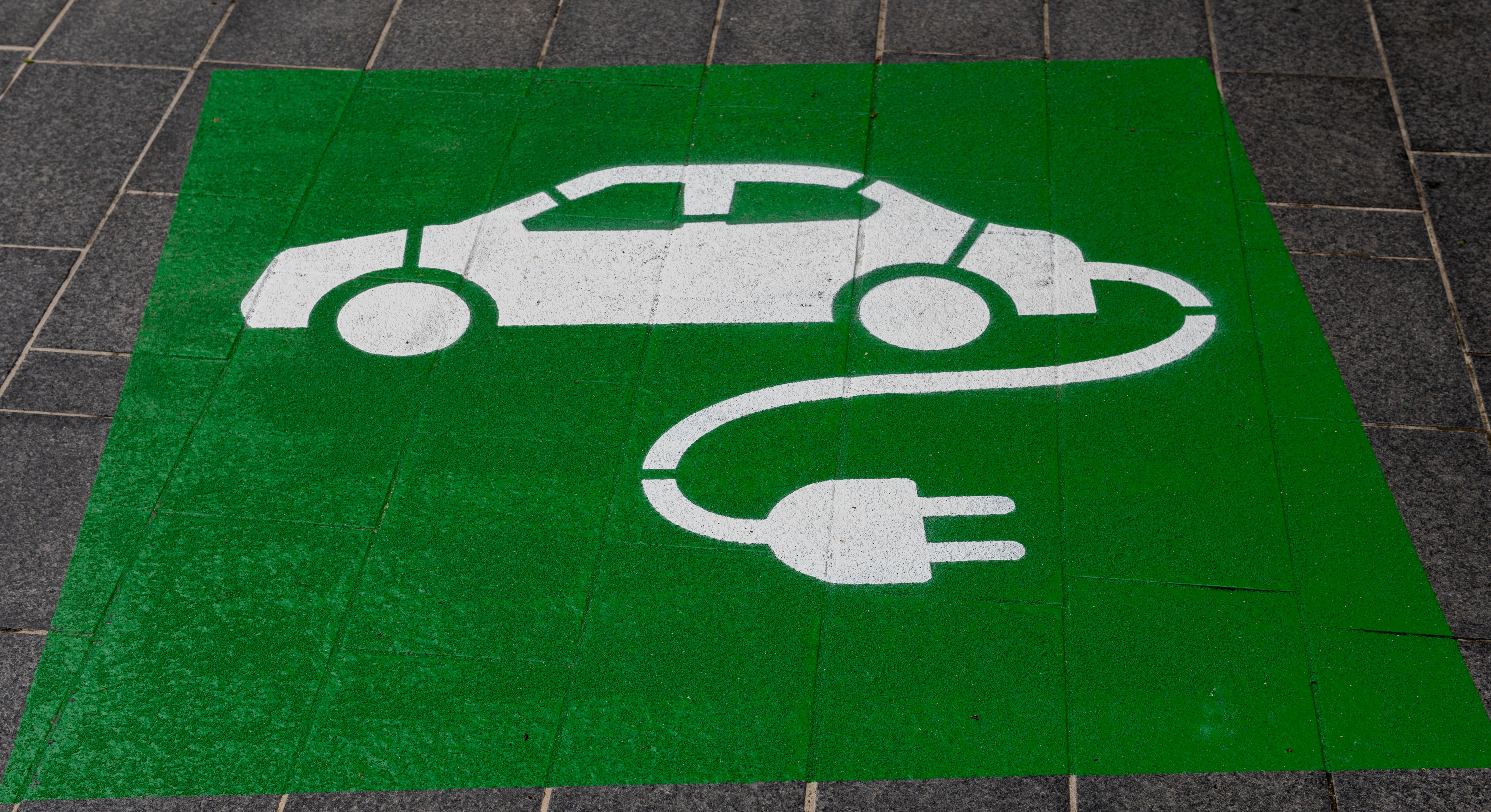As the world hurtles towards its 2050 Net Zero deadline, and the transition to an electrified economy gathers pace, securing the supply of the critical metals needed to make decarbonisation a reality is becoming a key item on the political agenda of countries around the world.
Chile’s decision last month to partly-nationalise its lithium mining industry provides a case in point of the risks at hand. Although the lithium price has weakened over the past year, that’s more a case of the blowing off of speculative froth, rather than the longer-term lithium deficit the world faces as EVs and grid-level storage systems are rolled out.
According to analysts at S&P, lithium, for example, will reach a deficit of 605,000 tonnes by 2030 even if all the 53 lithium projects currently being assessed are fully developed. Similarly, copper is expected by some analysts to fall into deficit as soon as 2025, and with demand set to double to 50m tonnes a year by 2035, the shortfall could grow significantly – to between 8m and 14m tonnes according to various forecasts. The same is true across other metals needed to build out this infrastructure, including graphite, nickel, cobalt, and rare earths.
The main reason is a hiatus in new mine development - mining investors were burned badly during the last cycle, and the lingering memory means they remain reluctant to push the button on the scale of new projects needed to plug the widening critical metals shortfall.
In the meantime, it’s being left largely to junior miners and their investors to pick up the slack, as demonstrated by news this morning from Rainbow Rare Earths (RBW) and Tirupati Graphite (TGR).
Rainbow Rare Earth successfully raised a gross £7.52m via a placing with existing investors, adding to the company’s existing cash balance of $2.1m (as of December 2022). The new money will allow Rainbow to allow for the completion and operation of the Phalaborwa pilot plant in South Africa, and the finalisation of the Phalaborwa definitive feasibility study.
Brian Menell, Chairman and CEO of TechMet which invested £5.54m in the placing, commented: "Phalaborwa provides the opportunity to fast track production of the four most economically important rare earth elements, which are used to make the permanent magnets essential to wind turbines, electric vehicles and other modern day consumer products vital to the 21st global economy. This funding will ensure the completion of the pilot plant, de-risking the Phalaborwa project and the Rainbow investment proposition. It is a validation of the Company's proprietary separation technology and its strategy to identify other secondary near-term sources of rare earths globally."
Elsewhere, Tirupati Graphite released trading results which saw FY23 gross profits from its flake graphite project in Madagascan operations rise 170% to £1.37bn on production up 59% to 4,770 tonnes and sales up 76% to £2.89m.
During the year, the company successfully reached a plant capacity of 30,000 tons per annum across their two projects, and implemented various measures to reduce operating costs, improve their ability to handle adverse weather conditions, and initiate renewable energy generation and utilization.
In March 2023, the Company made its first commercial shipment from its Sahamamy mining and processing facilities, which have an 18,000 tons per annum capacity. The Company has invested a total of £13.5 million in capital expenditures, including exploration and evaluation, in its projects in Madagascar since their inception until March 31, 2023.
View from Vox
Mining exploration is notoriously risky, but Rainbow Rare Earths’ fundraising and the rapidly rising production at Tirupati offer investors a reduced risk profile when gaining exposure to the growing strategic importance of critical metals production.
Given that it’s very likely that large-scale miners will be forced to turn their capex taps back on, such projects could eventually also find themselves in demand by trade buyers – and the better developed they are, the higher the price existing investors will eventually receive.

